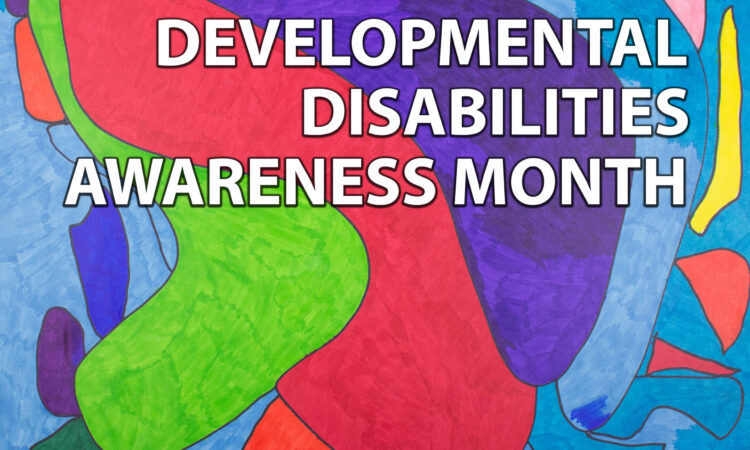
DD Awareness Month, Advances and Setbacks
Robert B. Fleming, CELA
In 1987 President Ronald Reagan proclaimed March “Developmental Disabilities Awareness Month.” The deinstitutionalization movement of the seventies and early eighties had laid the foundation for significant social change, and the presidential proclamation called upon Americans to provide the “encouragement and opportunities” necessary for people with developmental disabilities to reach their potential.
As those citizens began living within the general community in larger numbers, programs to provide career planning, job coaching and supported employment began to emerge. The idea that individuals with developmental disabilities could become productive members of the workforce was new to many people, and entrenched preconceptions had to be overcome. Advocates recognized a moral imperative to engage individuals with developmental – and other – disabilities. With passage of the Americans with Disabilities Act in 1990, workplace discrimination against people with disabilities became sanctionable.
The expectations of young people with developmental disabilities and their parents began to shift. Productive, self-directed lives within the community increasingly became the goal, and (increasingly) an obtainable goal. At the same time, due to improvements in healthcare, people with developmental disabilities were living longer, leading to questions about the lifestyle of “retirement-age” individuals. In short, the national conversation began to address the full spectrum of services needed for people with disabilities to live secure, fulfilling lives. Passage of the Individuals with Disabilities Education Act (IDEA) in 2004, further cemented the resolve of self-advocates and their supporters. With its guarantees of early intervention, special education and services to transition high schoolers into adulthood, IDEA opened a world of possibilities.
I wish that I could say that, as a result of all these changes, stereotyping has decreased. Some observers might be encouraged by sensitive portrayals of people with disabilities in film, literature and onstage. At the same time, though, bullying of students with special needs has become a serious—and growing—national problem. Stereotypes remain, undoubtedly contributing to the continued high unemployment rate among people with disabilities. Hurtful words are too commonplace, and we are far from free from experiencing incidents of abuse and neglect. Taxpayer-funded programs for people with disabilities, always under pressure, are more at risk in today’s economic environment. Discussions at all levels of government threaten the advances made during the past 25 years. School districts across the country are faced with shrinking budgets, and sometimes they complain about special education mandates. Medicaid, which has funded many employment and community-based residential programs, is under fire.
Yes, a quarter century after the establishment of Developmental Disabilities Awareness Month, the world has changed in important ways. Much, though, remains to challenge us. In the coming years, we’ll need to fight not only for more advances but to retain the accomplishments of past decades. It is a fight in which we must all engage.
This post was originally shared by the Special Needs Association.
